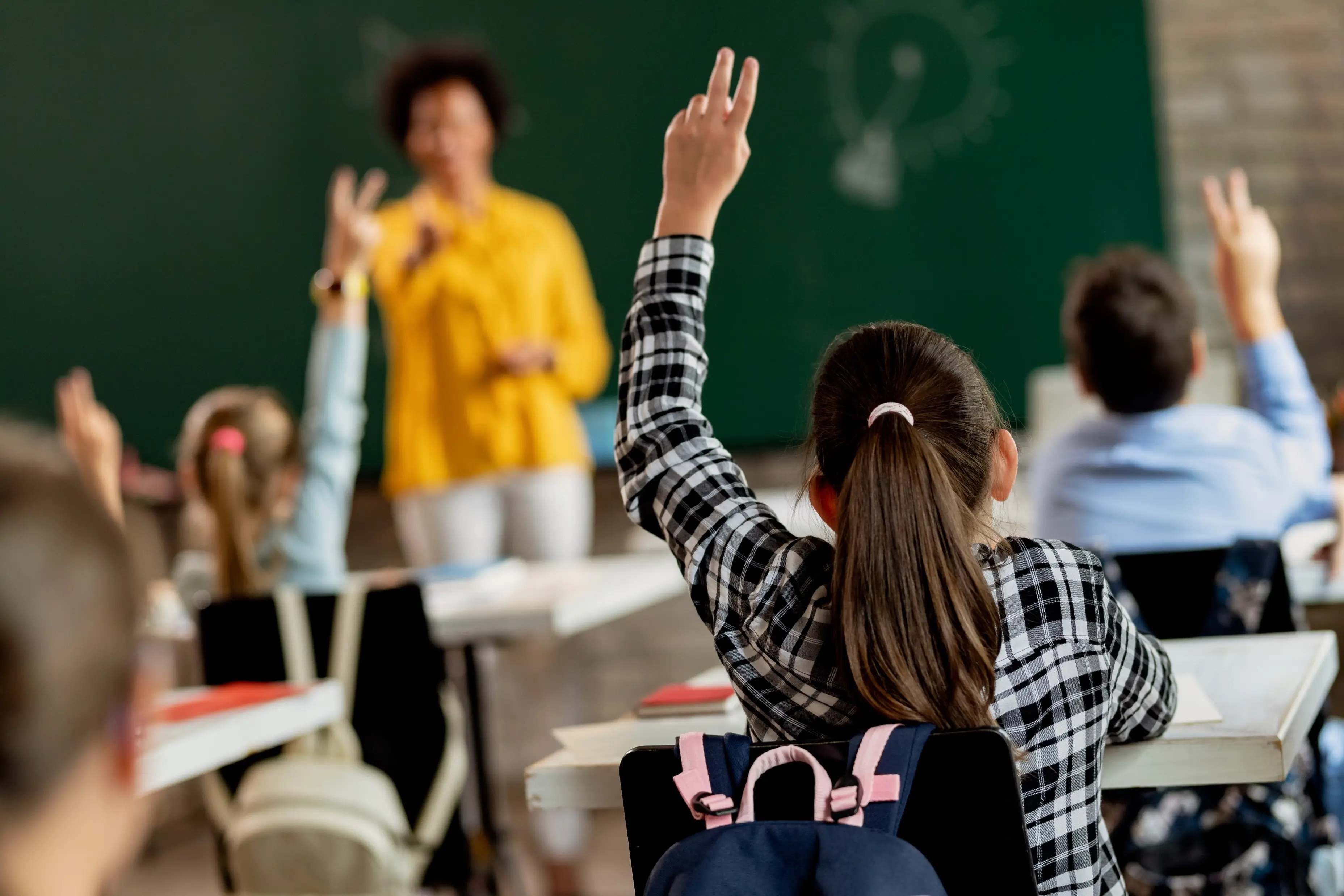Through the years, we have seen how society changes and the world has transformed into what it currently is. Each era and situation has been unique and has therefore had different driving forces behind the change or progress. But one variable has remained constant: education. It is one of the most important social mechanisms and plays a fundamental role in society, as it promotes equal opportunities and fights inequality.
For this reason, in 2018, the United Nations General Assembly proclaimed 24 January as #InternationalEducationDay, with the aim of celebrating its importance in achieving global development. Thus, by promoting education, a more equal and sustainable future can be achieved.

Along these lines, when adopting the 2030 Agenda, the United Nations included education as one of the fundamental pillars in its Sustainable Development Goals (SDGs). Specifically, goal number 4 aims to “ensure inclusive and equitable quality education and promote lifelong learning opportunities for all”.
Providing education for children around the world—to help them out of a difficult situation—is a challenge. This is why Article 26 of the Universal Declaration of Human Rights states that everyone has the right to a free quality education.
But there is also another fundamental reading, which is that education helps people learn more about certain aspects of everyday life so that they are able to understand the reasons behind things and thus have support when making decisions.
This is the case, for example, of financial literacy. It is fundamental in supporting people to understand not only how the global economy works, but, above all, how they can improve their personal finances. At Banco Sabadell, we promote financial literacy so that it is really useful when it comes to managing the household and personal economy, setting and meeting objectives, assuming risks and being able to lead a life that aligns with each person’s possibilities.
Banco Sabadell actively participates in benchmark educational programmes
In this context, Banco Sabadell carries out various corporate volunteering initiatives linked to education programmes where the bank’s employees participate, helping to promote greater social literacy regarding aspects linked to finance, digitalisation and innovation, among others. These include the Financial Education in Schools in Catalonia (EFEC) programme, promoted by the Institute of Financial Literacy (IEF), and the Your Finances, Your Future programme of the Spanish Banking Association (AEB).
The EFEC programme covers 30% of schools in Catalonia, specifically students in the fourth year of Mandatory Secondary Education (or ESO), and also takes place in secondary schools, adult education centres and penitentiary centres in the Catalan community.
In the case of the Your Finances, Your Future programme, it is aimed at students in the second and third years of ESO, who are given one-hour workshops every week.
In total, 154 Banco Sabadell volunteers have given financial literacy workshops in 2021 to secondary school students, adult schools and penitentiary centres. A total of 836 workshops were held, reaching 6,322 beneficiaries.
In addition, 15 Banco Sabadell volunteers took part as mentors in a new edition of the Exit Foundation’s Coach Project, accompanying young people in vulnerable situations so that they can continue their training and have better job opportunities in the future.
15 @BancoSabadell volunteers work as mentors in a new edition of #CoachExit @fundacionexit accompanying young people in vulnerable situations so that they can continue their education and have better job opportunities in the future #WeAreSabadell #BeingWhereYouAre pic.twitter.com/kf6qT9CC1X
— Banco Sabadell (@BancoSabadell) November 5, 2021
Likewise, the Banco Sabadell Foundation, along with Exit Foundation, Mobile Week of Mobile World Capital and Learn To Check, as an educational partner, have launched Escape Fake, a training and social innovation programme aimed at young people between the ages of 16 and 21 in vulnerable situations.
The initiative, which relies on the participation of 10 volunteers from Banco Sabadell, aims to empower new generations to be able to inform themselves critically and consciously, promote digital literacy and train young people to face a future free of fake news.
In short, at Banco Sabadell we are joining International Education Day, a date set to highlight its importance on a global scale.